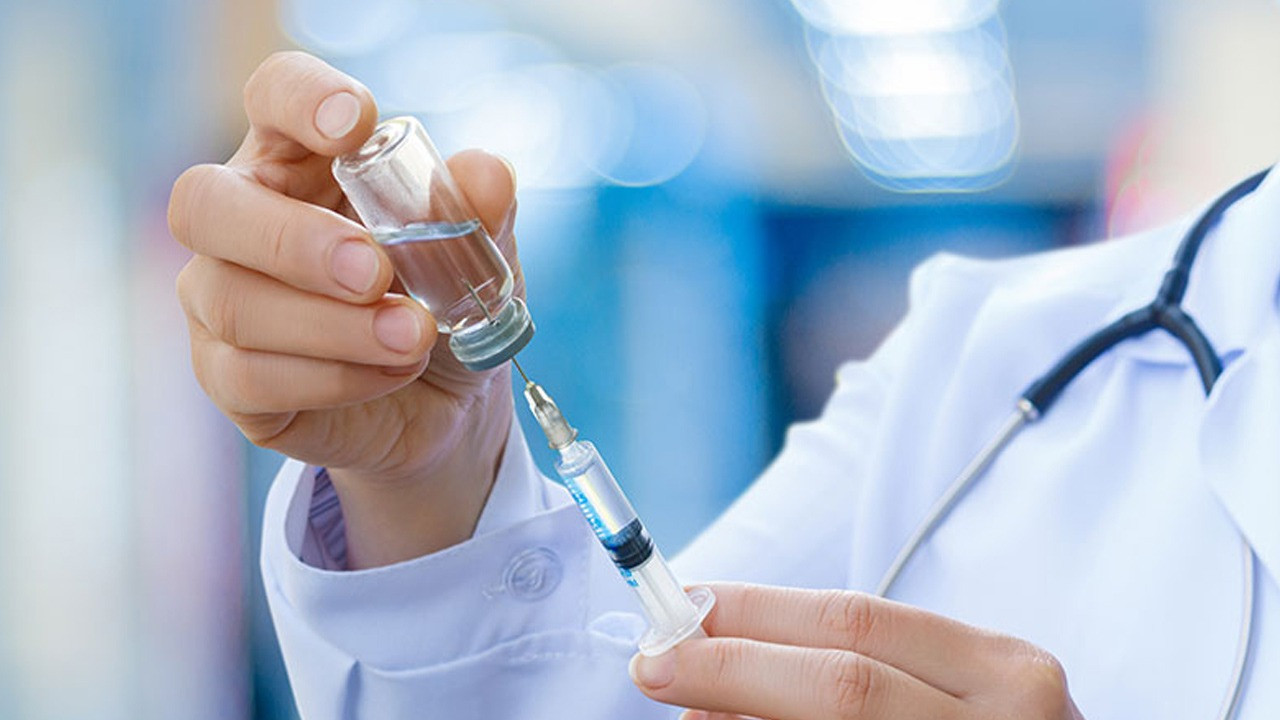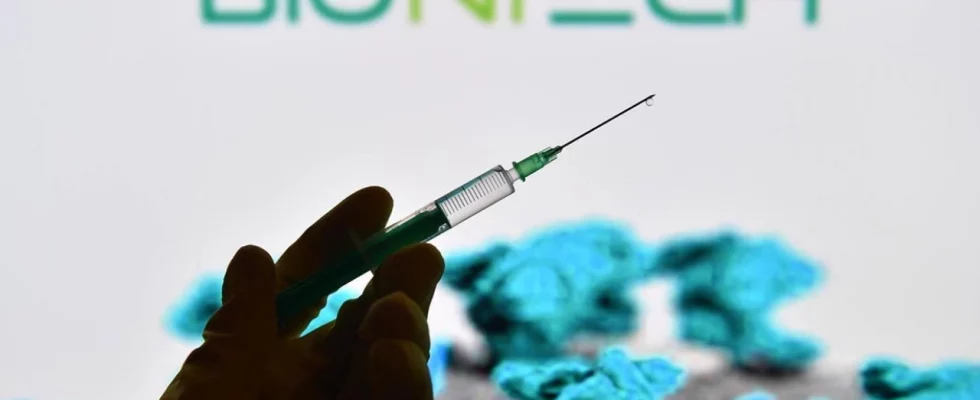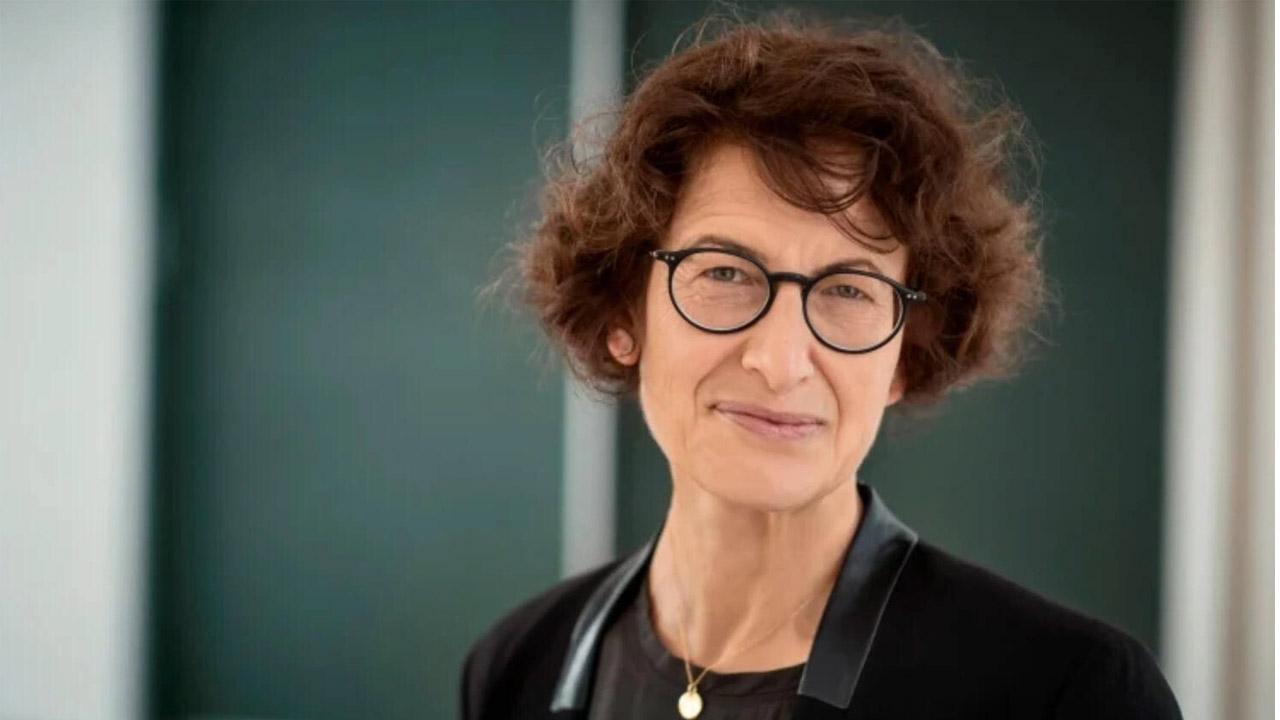BioNTech, a biotechnology company that came to the fore with the Covid-19 RDNA vaccine it developed especially during the pandemic period, showed promising results with the cancer vaccine it developed. So does it really work? Here are the latest developments in the vaccine…
BioNTech cancer vaccine is preparing to go into production!
At the European Society of Medical Oncology (ESMO) Congress held in Madrid, BioNTech founders Uğur Şahin and Özlem Türeci announced that the first results of the cancer vaccine they have been working on for about 15 years are promising.
Before going into the details of the news BioNTech cancer vaccine CARVac Let’s answer the question of does it really work? Yes. As a result of clinical tests, it was reported that the vaccine shrank tumors by at least 30 percent in 59 percent of “carefully selected, suitable” subjects.
Therefore, initial results from CARVac show that it inhibits and significantly shrinks tumor growth in cancer patients without chemotherapy. So how does the treatment process progress? How many doses of vaccine are needed?
The couple, Uğur Şahin and Özlem Türeci, said that the vaccine was administered to 44 patients in four doses and that the tumors shrank by at least 30 percent in 59 percent of the subjects. It was stated that in 95 percent of the subjects, the cancer became stable and stopped growing after the vaccine.

As a side effect, it was stated that a dose-dependent increase in inflammatory reactions was observed in 23 people during vaccine administration, and side effects such as low blood pressure and increased fever were observed in the subjects.
BioNTech aims to treat approximately 10 thousand cancer patients over the next 6 years – until 2030 – within the scope of its initial production and vaccine development plans. It is currently unknown when it will be used as an alternative to chemotherapy.

